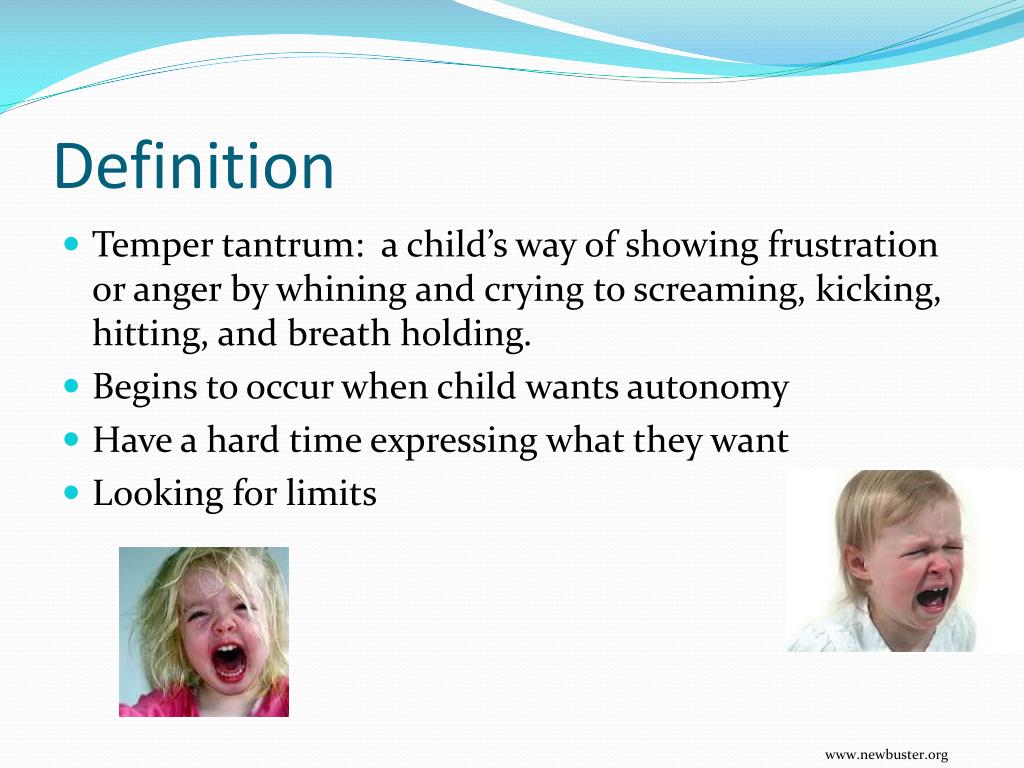Long-Term Effects Of Unmanaged Tantrums In Teenagers And How To Address Them
Tantrum Time Bomb: How Unmanaged Teenage Rage Can Explode Later in Life
"Ugh, my teenager is driving me crazy! They throw tantrums over the smallest things, and I’m at my wit’s end. Will they ever grow out of this?"
Sound familiar? If you’re a parent of a teenager, you’re probably nodding your head in fierce agreement. The teenage years are a time of intense emotional upheaval, and those feelings can sometimes manifest as explosive tantrums.
While it’s completely normal for teens to experience anger and frustration, unmanaged tantrums can have long-term consequences. It’s not just about the drama of the moment; it’s about the potential for future struggles with relationships, career success, and overall mental well-being.

So, what’s the deal with these tantrums, and what can we do about them? Let’s dive in.
The Science Behind Teenage Tantrums
First, let’s get a handle on why teens are so prone to these emotional outbursts. Think of it like this: their brains are still under construction!
The prefrontal cortex, the part of the brain responsible for executive function, impulse control, and emotional regulation, is still developing well into their twenties. This means teenagers are often struggling to manage their emotions, especially under stress.
Here’s a quick breakdown of the hormonal and neurological factors at play:
- Hormonal Rollercoaster: Teenagers experience a surge in hormones like testosterone and estrogen, which can contribute to increased irritability, mood swings, and heightened emotional sensitivity.
- Developing Brain: The prefrontal cortex, which helps regulate emotions and impulses, is still maturing. This means teens might struggle to think before they act, leading to impulsive behaviors and exaggerated reactions.
- Social Pressure: Teenage years are a time of intense social pressure, as teens navigate peer groups, identity formation, and social expectations. This can lead to feelings of anxiety, insecurity, and frustration, which can trigger tantrums.
- Stressful Transitions: The teenage years are filled with significant life transitions, like puberty, school changes, and increasing academic demands. These changes can contribute to stress and overwhelm, leading to emotional outbursts.

But it’s not just about biology.
Environmental factors play a huge role too:
- Modeling Behavior: Teens learn by observing the adults around them. If they witness their parents or other significant adults engaging in unhealthy ways of managing anger, they’re more likely to adopt those patterns.
- Lack of Emotional Skills: Many teenagers haven’t been given the tools and support to develop healthy emotional regulation skills. This can lead to difficulty coping with stress and frustration, resulting in explosive outbursts.
- Family Dynamics: Unhealthy family dynamics, like conflict, lack of communication, or inconsistent discipline, can contribute to a tense environment that fuels teenage tantrums.
The Long-Term Consequences of Unmanaged Tantrums
So, what’s the big deal about a few tantrums? The truth is, unmanaged tantrums can have far-reaching consequences for teenagers, impacting their relationships, their future, and their overall well-being.
Here’s a closer look at the long-term effects:
- Damaged Relationships: Tantrums can strain relationships with family, friends, and romantic partners. Frequent outbursts can lead to feelings of resentment, anger, and isolation.
- Academic Difficulties: Tantrums can disrupt learning, interfere with schoolwork, and lead to disciplinary issues. This can negatively impact academic performance and future career opportunities.
- Mental Health Issues: Unmanaged anger can be a contributing factor to mental health issues like anxiety, depression, and even aggression.
- Substance Abuse: Teens who struggle to manage their anger may turn to substances like alcohol or drugs as a way to cope, leading to further problems.